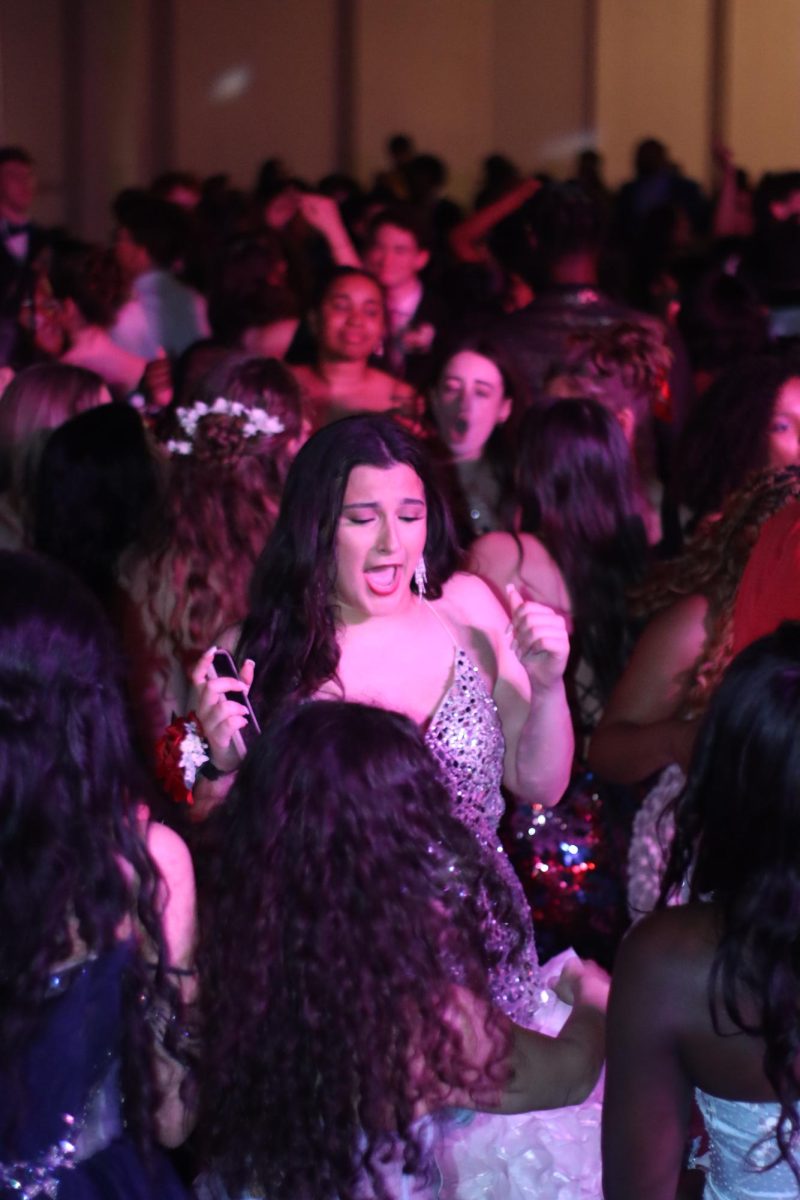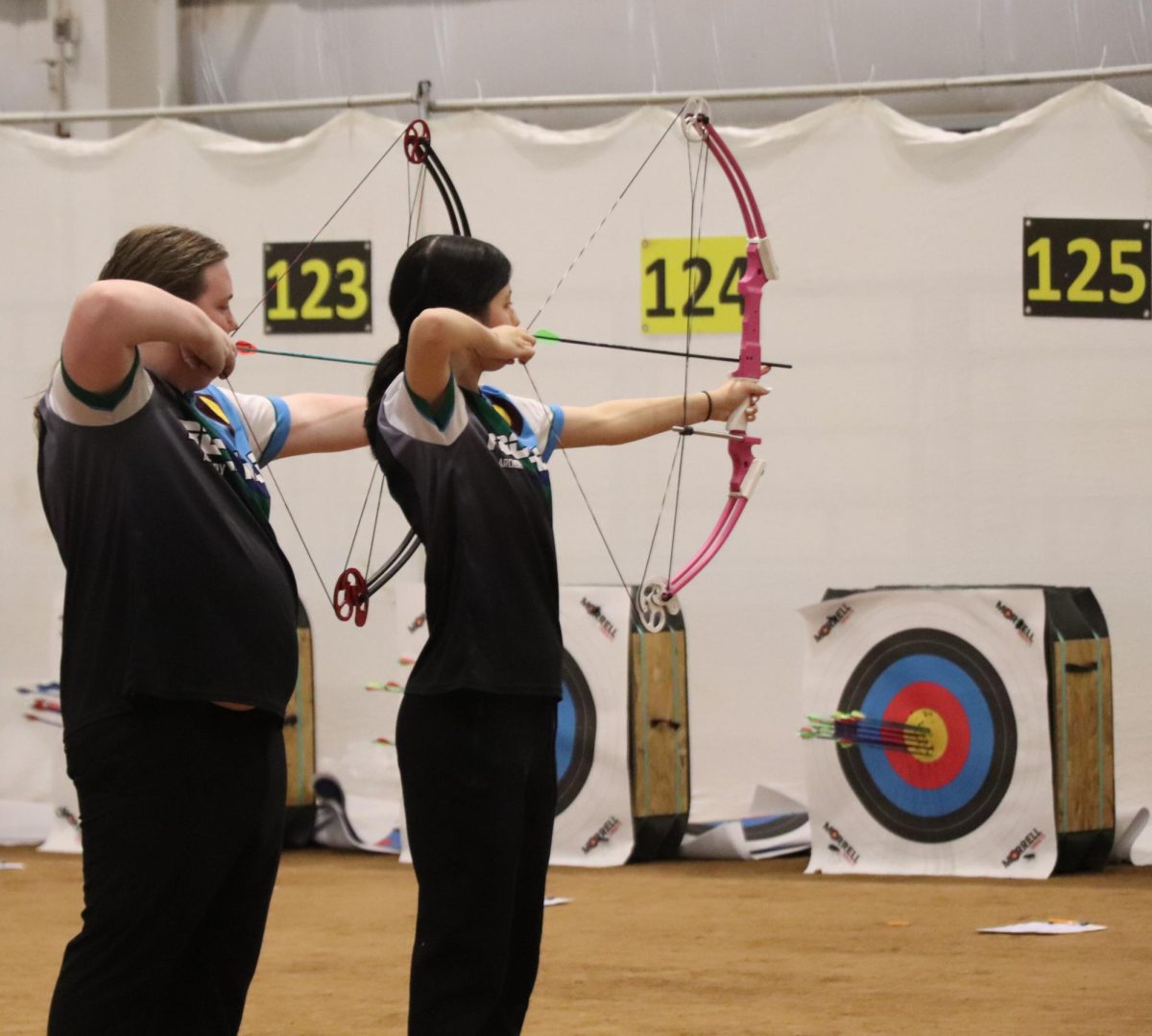Voting may seem insignificant to some, but history shows that every voice matters, especially in close elections. While the most recent presidential election was a landslide, many past elections have been decided by the slimmest of margins.
For example, former president George W. Bush’s 2000 victory hinged on about 600 votes from Florida that allowed him to win the state and have just enough electoral votes to win the election, a result that drastically altered the course of American history. In local elections where the voter population is significantly lower, candidates can win by even fewer votes.
“It’s so important to vote because especially with this election being so close,” senior Ethan Mucciarone said. “You can see that even in these toss-up states, they had just a slight margin for Trump victory.”
Students in social studies teacher Mandy Murphy’s AP Government class recently completed a project where they predicted the outcomes of battleground states in the election.
“I think exercising your right to vote is really necessary,” Mucciarone said.
Despite being unable to vote yet, many students realize that voting is essential for the government to run correctly.
“I think it’s really important for people to vote because,” senior and AP Government student Evan Barnes said. “People who don’t vote start to worry about it and complain about people who win. These projects helped me learn. I can’t vote yet because I’m 17, but I think it’s taught me more of why I should go vote when I’m able to.”
AP World History students participated in a mock election featuring Genghis Khan as a presidential candidate. They created campaign posters, gave speeches, delivered merchandise, and most importantly, cast their votes.
“I think that everyone deserves a say because the leader of the country is important to everybody,” sophomore Rohit Darbhakul said.

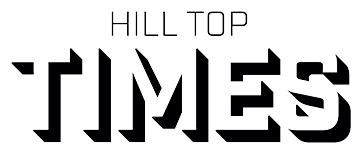
![AP World History students created political campaign posters for a mock election project between two candidates– Genghis Khan and the White Lotus Society.
. “I think [everyone] should all have a say on who they think is going to run the country best,” sophomore Rohit Darbhakul said.](https://rockhillmedia.org/wp-content/uploads/2024/11/ZH_1107_Lanier1187-copy-1200x800.jpg)
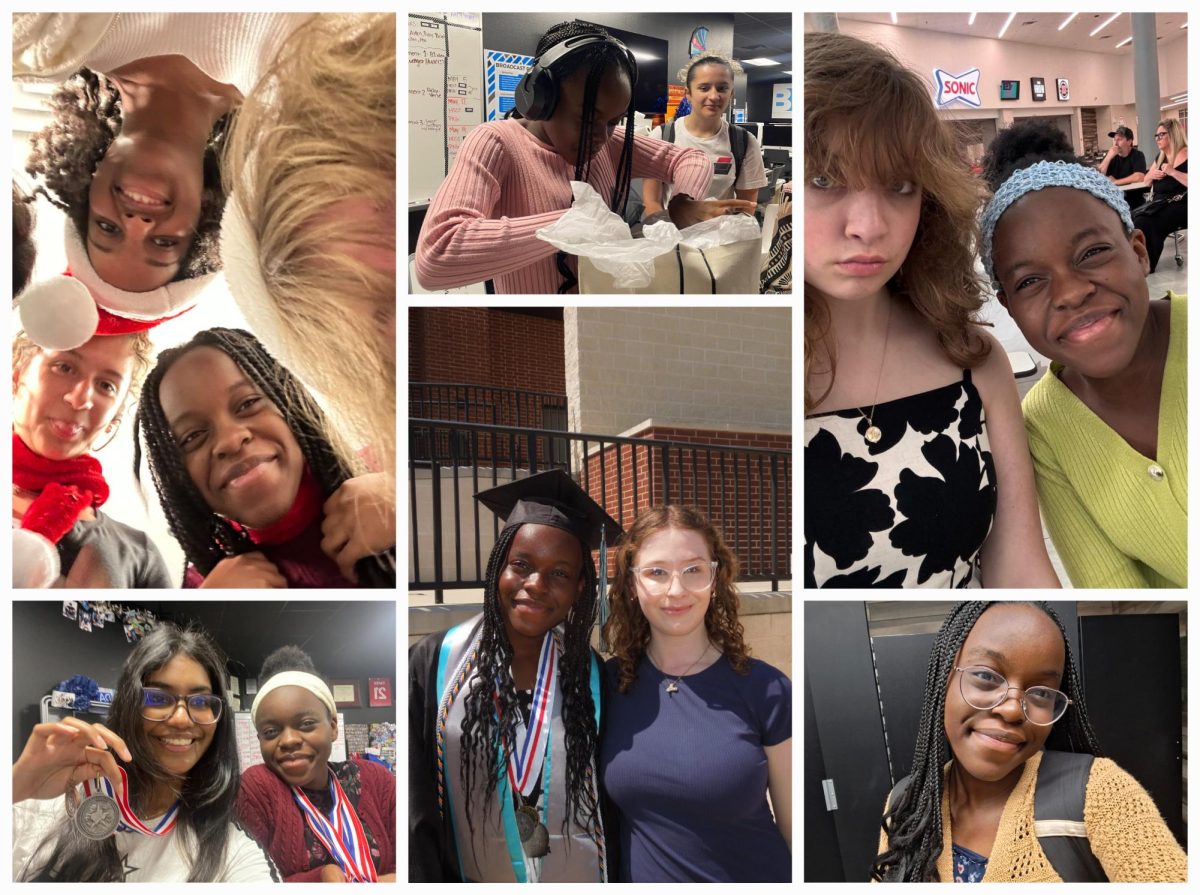
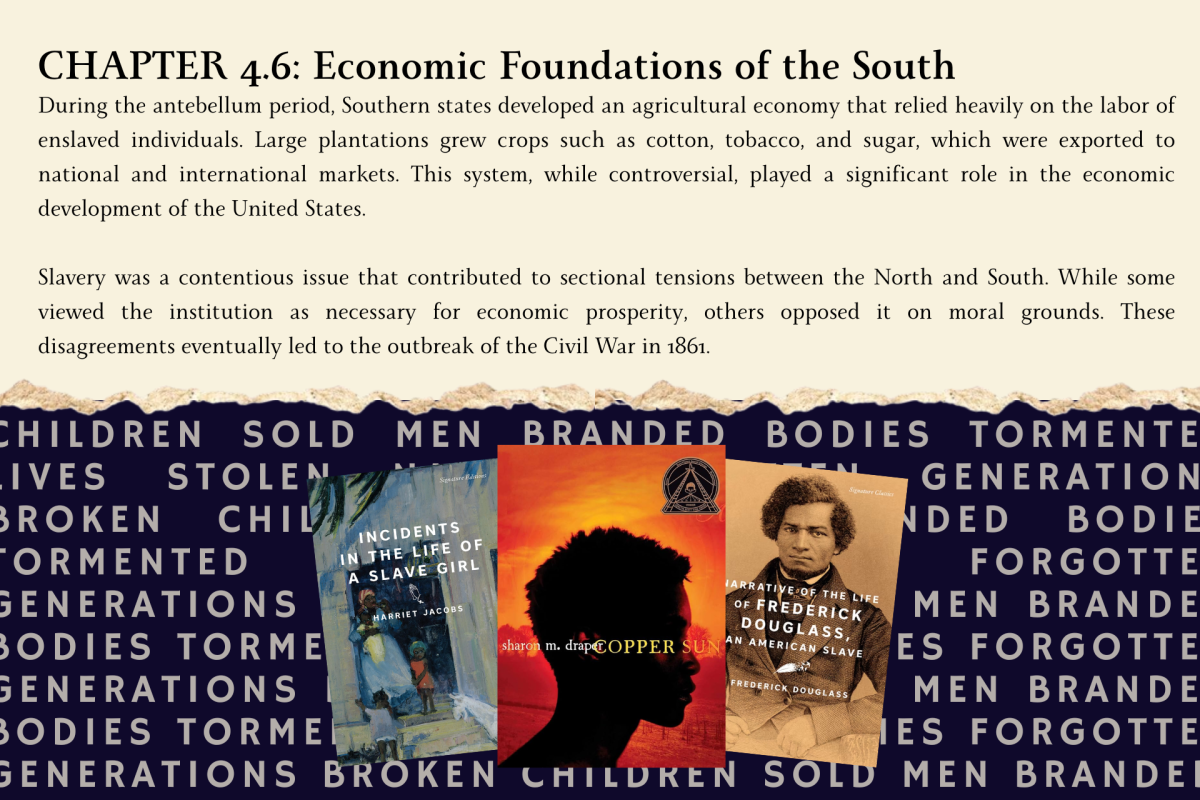

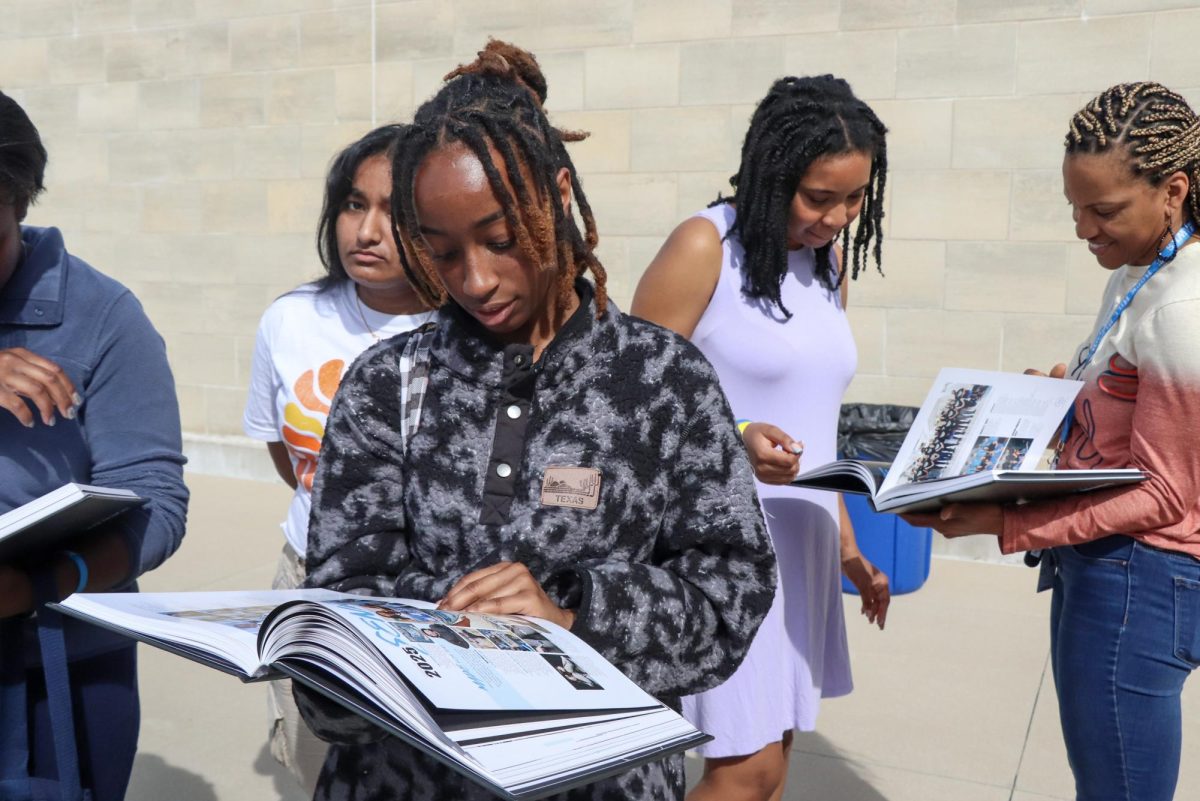
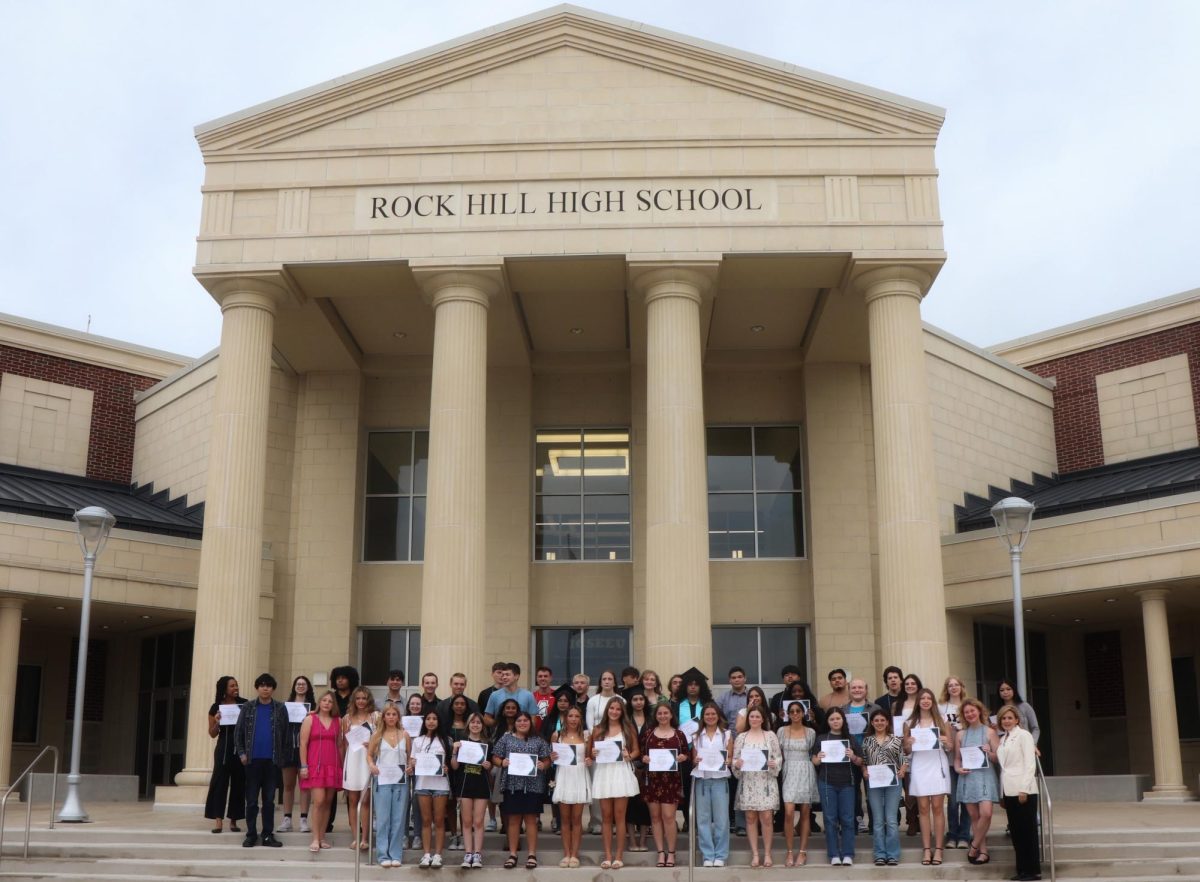
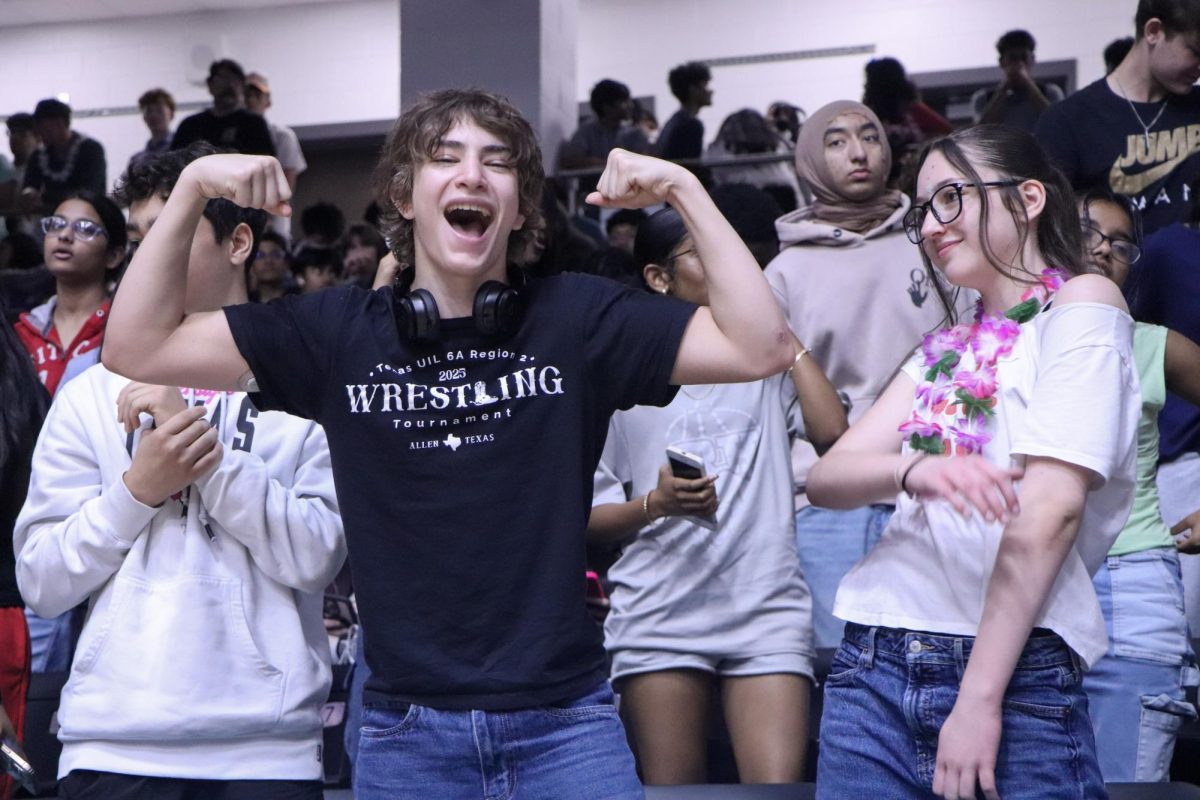

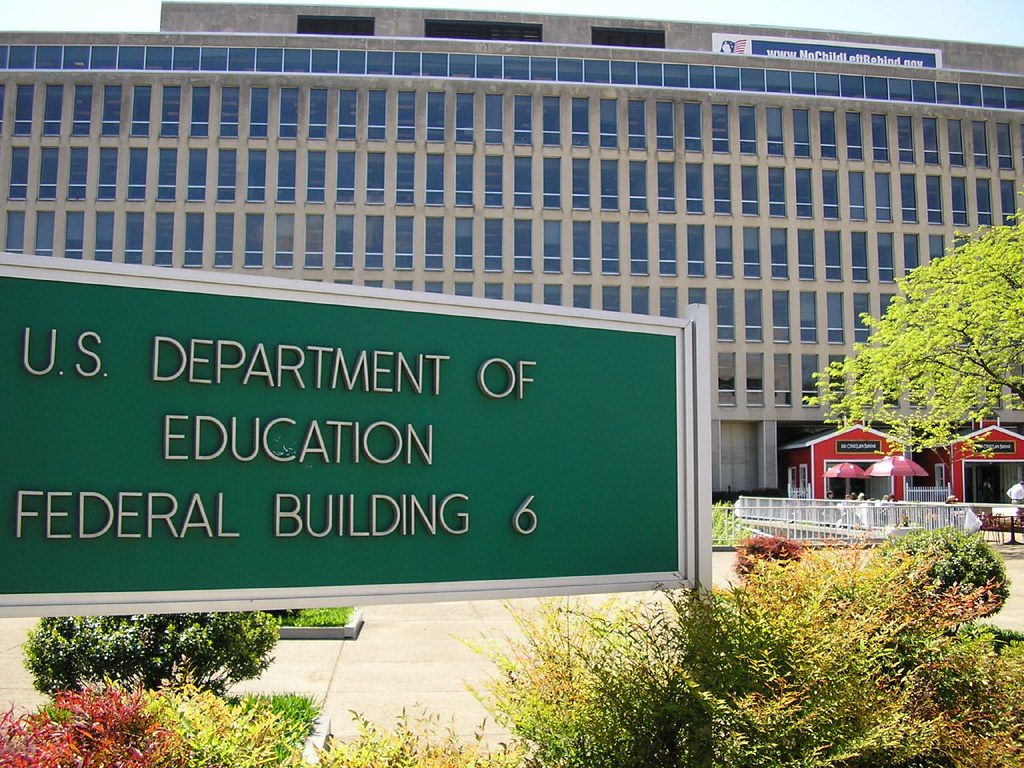

![A digitally constructed image shows money flowing out of a U.S. government building, representing the economic impact of the Trump administration’s new tariff policy. “[The tariffs are] supposed to basically pump up American businesses to where Americans go buy American products,” U.S. government teacher Adam Barclay said. “Then you have more manufacturing, you have more jobs, and that's how it's supposed to work.”](https://rockhillmedia.org/wp-content/uploads/2025/04/Impact-of-the-U.S.-Tariffs-1-1200x675.png)
